Elon Musk Faces Backlash Over Comments Targeting Government Employees
November 27, 2024 at 5:00 PM
2 minutes read
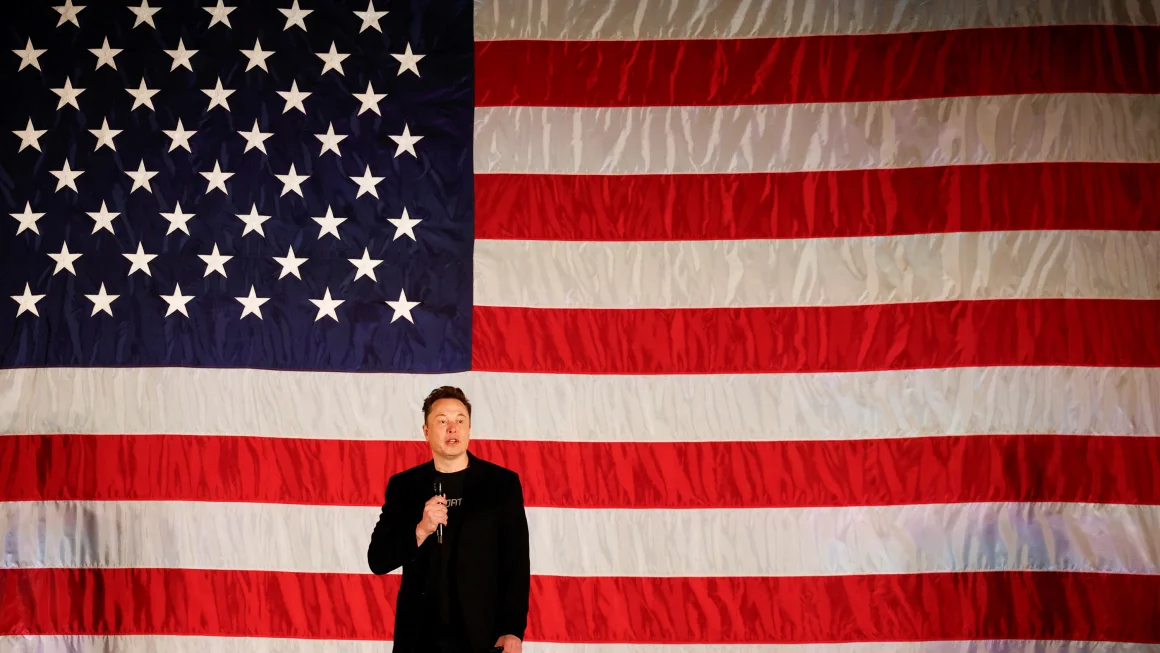
Elon Musk speaks about voting in Folsom, Pennsylvania, on October 17. Rachel Wisniewski/Reuters
Musk’s Remarks Stir Controversy
Elon Musk, CEO of Tesla and SpaceX, is facing widespread criticism following comments he made regarding government employees. Musk suggested during a public discussion that government workers contribute less to economic innovation than their private-sector counterparts, a statement that many have deemed divisive and dismissive.
Public and Political Response
Government officials, labor unions, and private citizens quickly condemned Musk’s remarks, arguing that they undervalue the contributions of public servants, including educators, first responders, and infrastructure workers. Some politicians have called for greater accountability from Musk, citing his increasing influence in both technology and public discourse.
Musk’s Defenders Speak Out
Supporters of Musk have defended his statements, claiming they highlight inefficiencies within government operations. They argue Musk’s perspective stems from his experience navigating public-sector regulations while managing his businesses, including SpaceX, which works closely with NASA.
Business Implications
The controversy may have financial and reputational repercussions for Musk and his companies. Analysts suggest his comments could impact Tesla’s public perception, particularly among buyers who value corporate responsibility.
Musk’s History of Outspoken Commentary
Musk has a history of making polarizing statements. While his unfiltered style resonates with some, critics argue that such remarks risk alienating key stakeholders, including the public and government regulators.
Potential Impact on Government Collaboration
Given Tesla and SpaceX’s reliance on government contracts and subsidies, this incident could strain Musk’s relationship with public institutions, particularly in regulatory and funding negotiations.
Up next
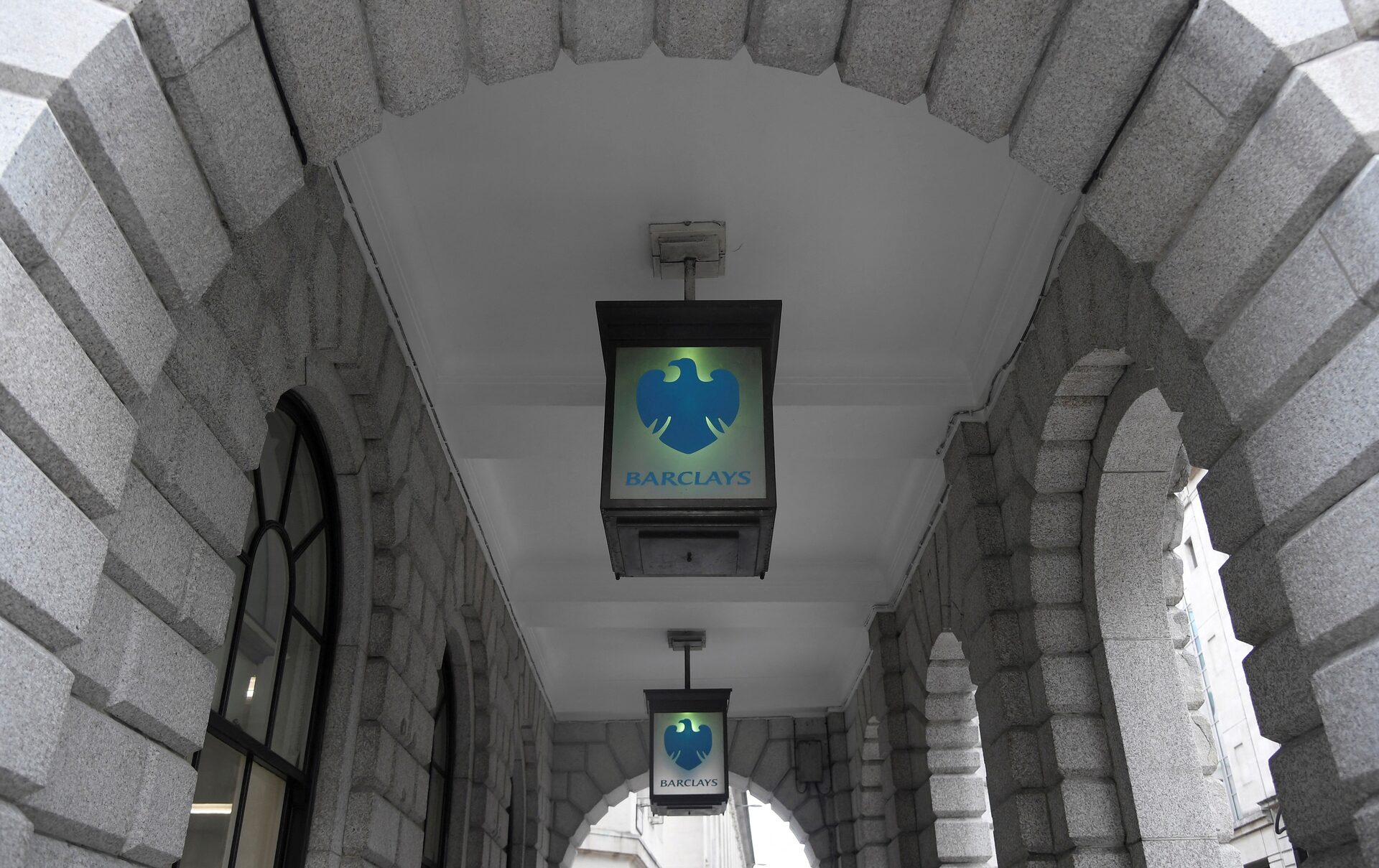
Barclays Reshuffles APAC Investment Banking Leadership to Boost Regional Presence
July 3, 2025
3 minutes read


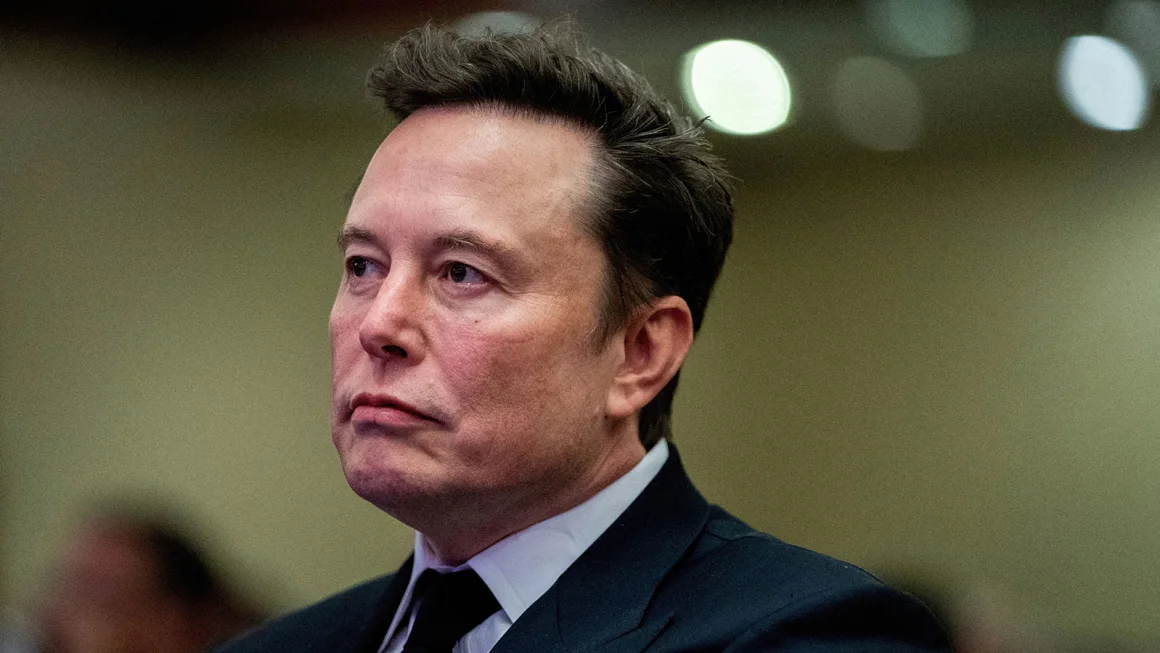
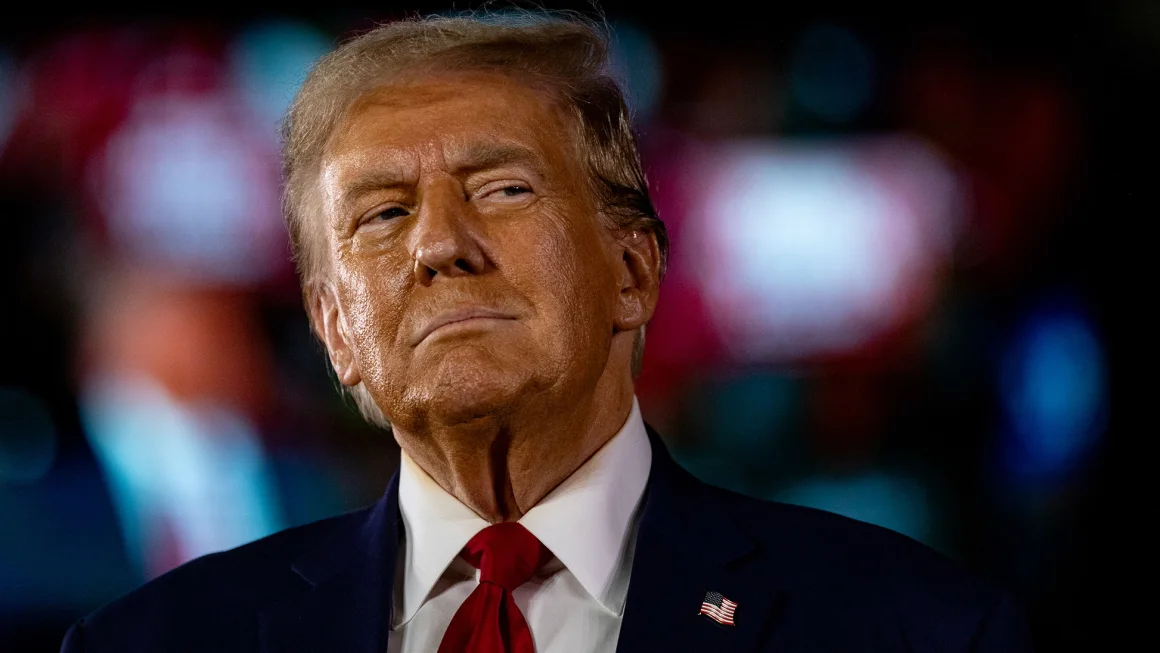

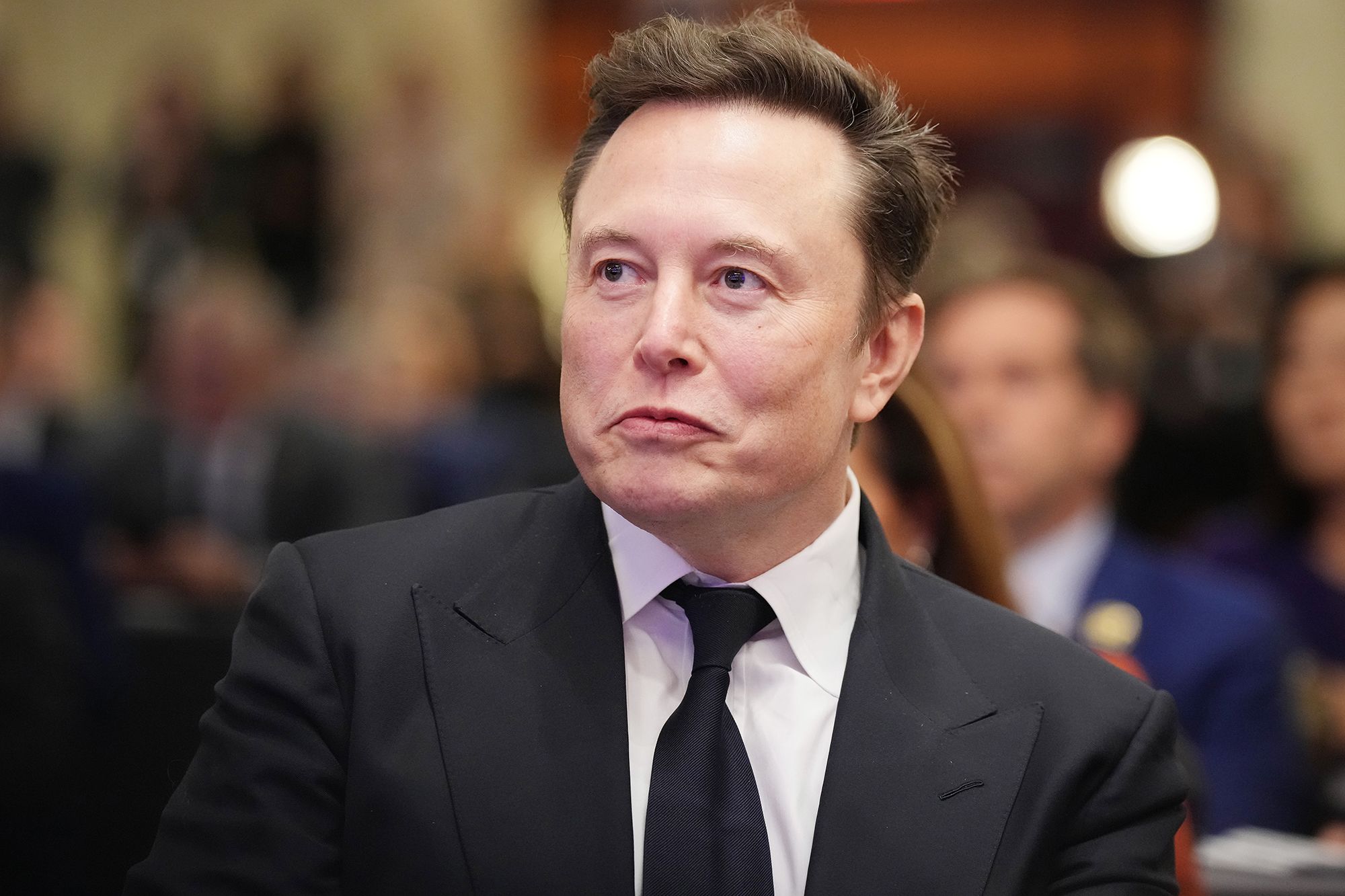
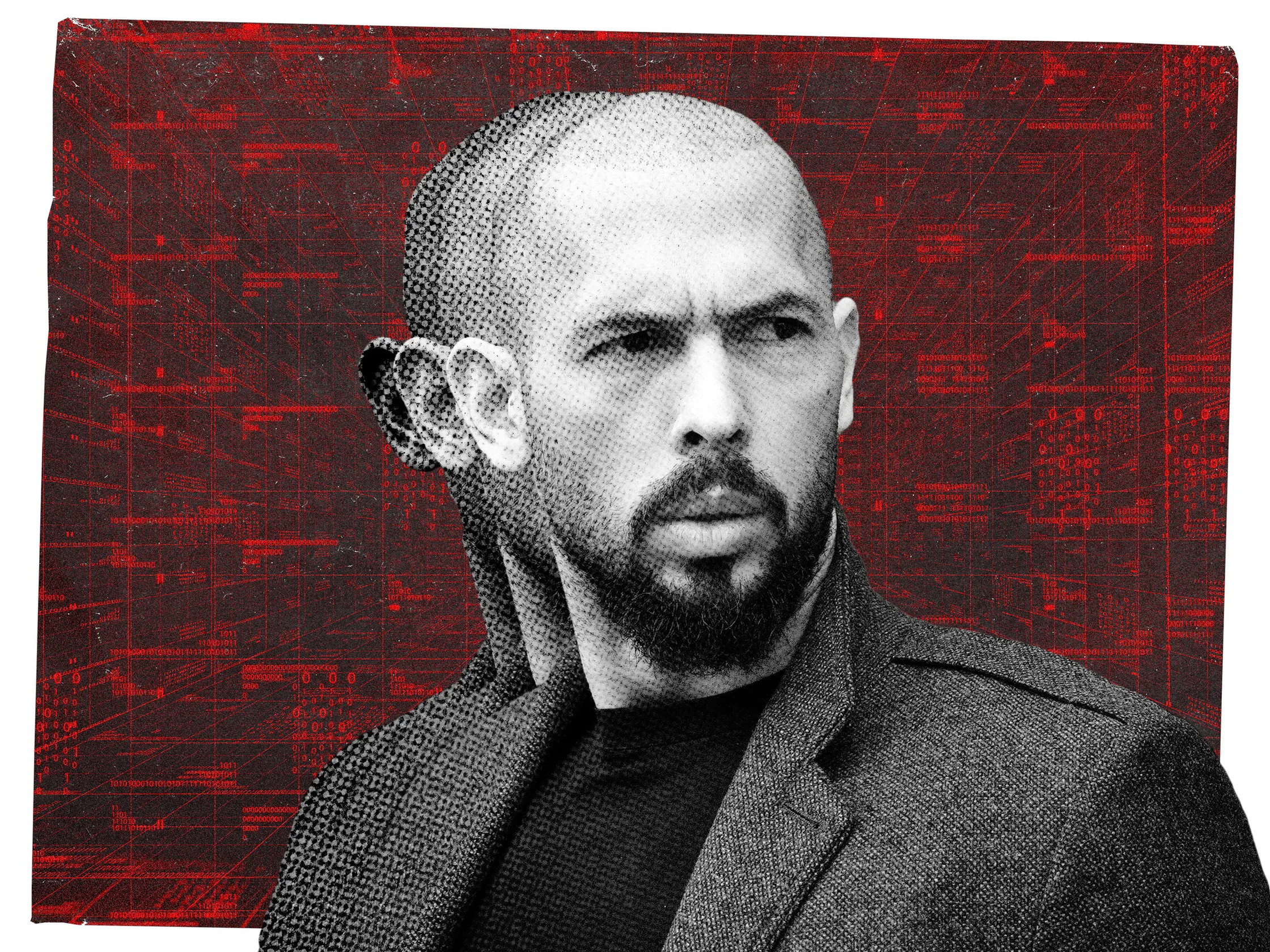
Major Cybersecurity Concerns Highlighted in Andrew Tate Hack and Undersea Cable Incident
November 25, 2024
2 minutes read
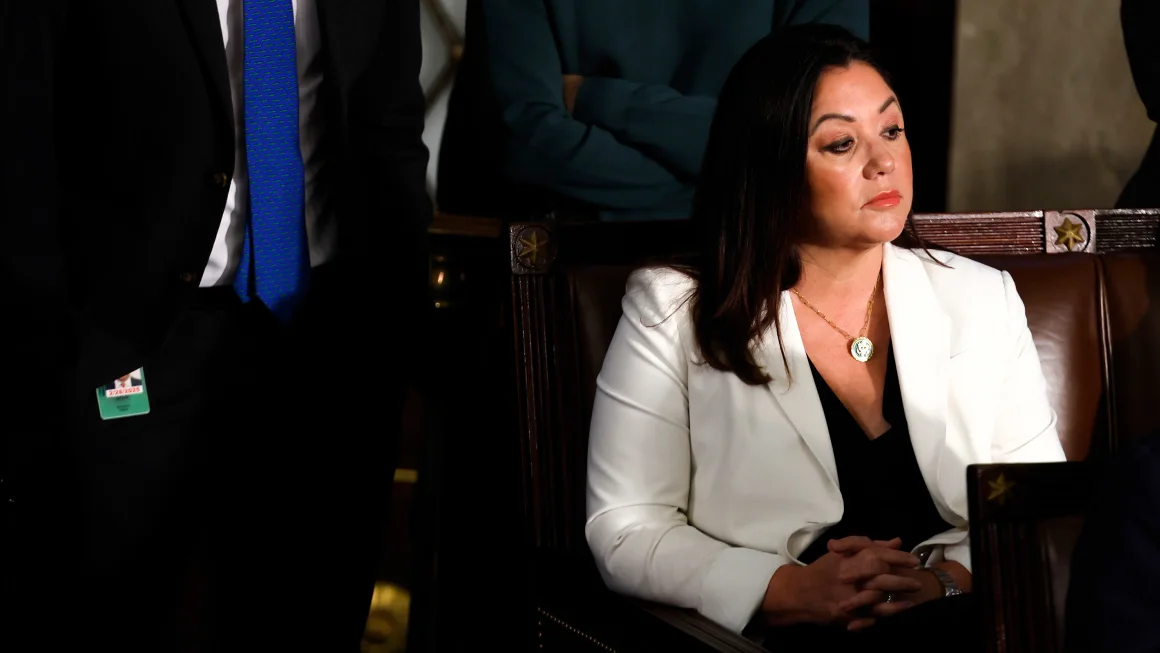
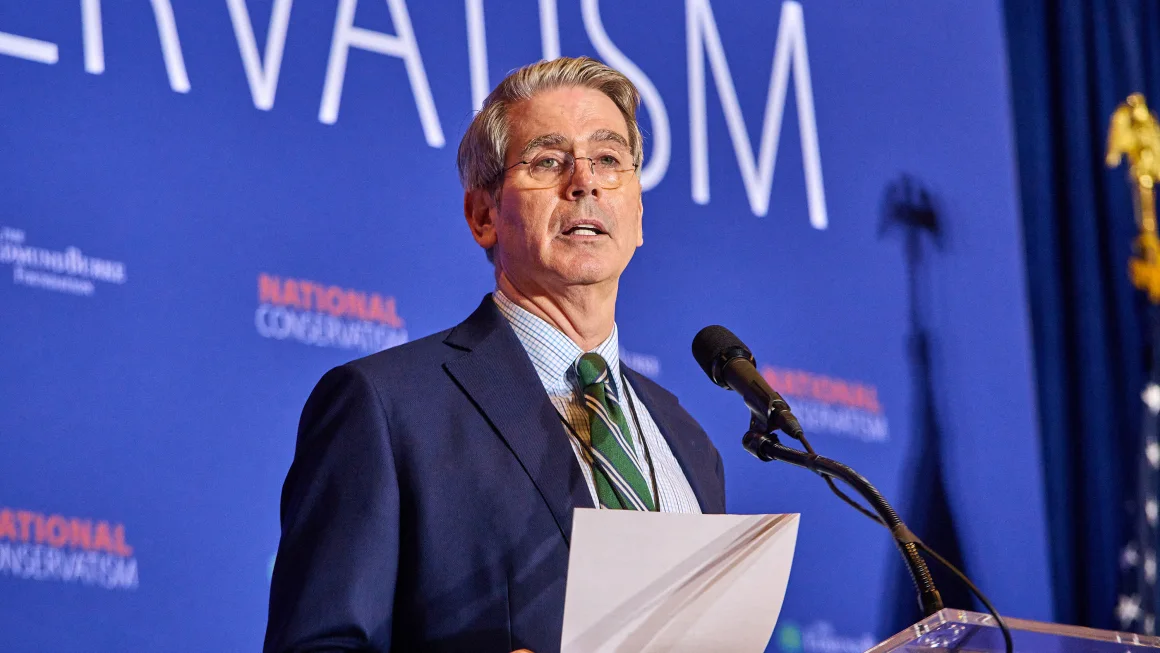

DirecTV and Dish Network Merger Cancelled Amid Regulatory and Financial Challenges
November 22, 2024
2 minutes read

Deportation Concerns Loom Over U.S. Labor Market Amid Worker Shortages
November 21, 2024
2 minutes read
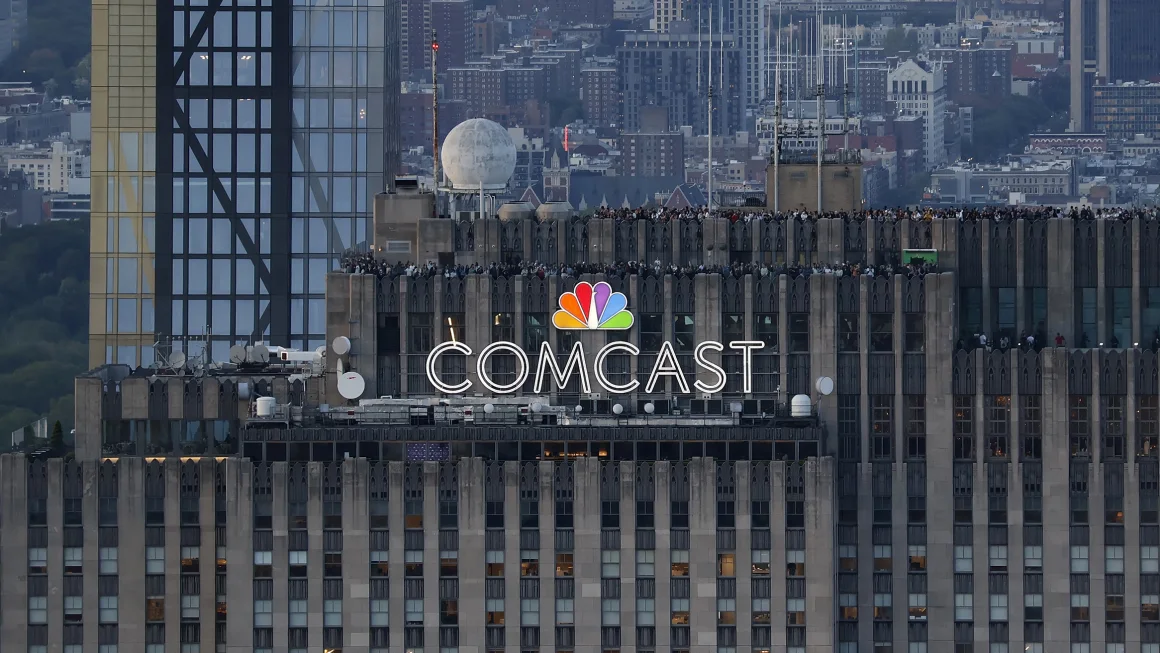
Comcast Explores Spinoff of NBCUniversal's Cable Division Amid Industry Changes
November 20, 2024
2 minutes read


Economic Concerns Arise Over Trump’s Deportation Plan Amid Grocery Price Inflation
November 19, 2024
2 minutes read

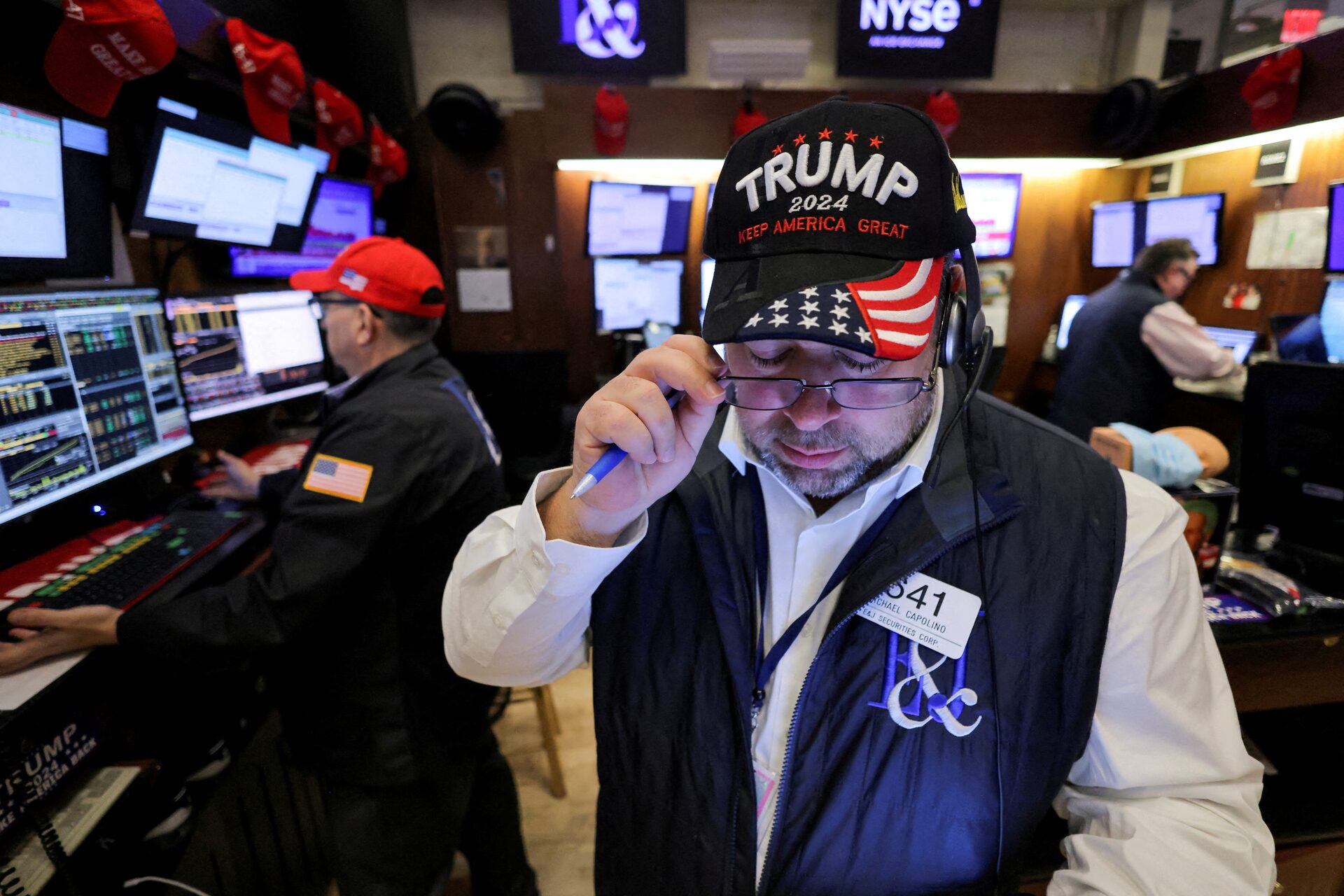

China Challenges Western Duopoly in Civil Aviation with C919 Aircraft Launch
November 17, 2024
2 minutes read

Disney’s Earnings Offer Hope for Streaming Amid Decline of Traditional TV
November 15, 2024
2 minutes read

Bluesky's User Base Doubles as Users Flee X Amid Trump Influence and Content Shifts
November 14, 2024
2 minutes read
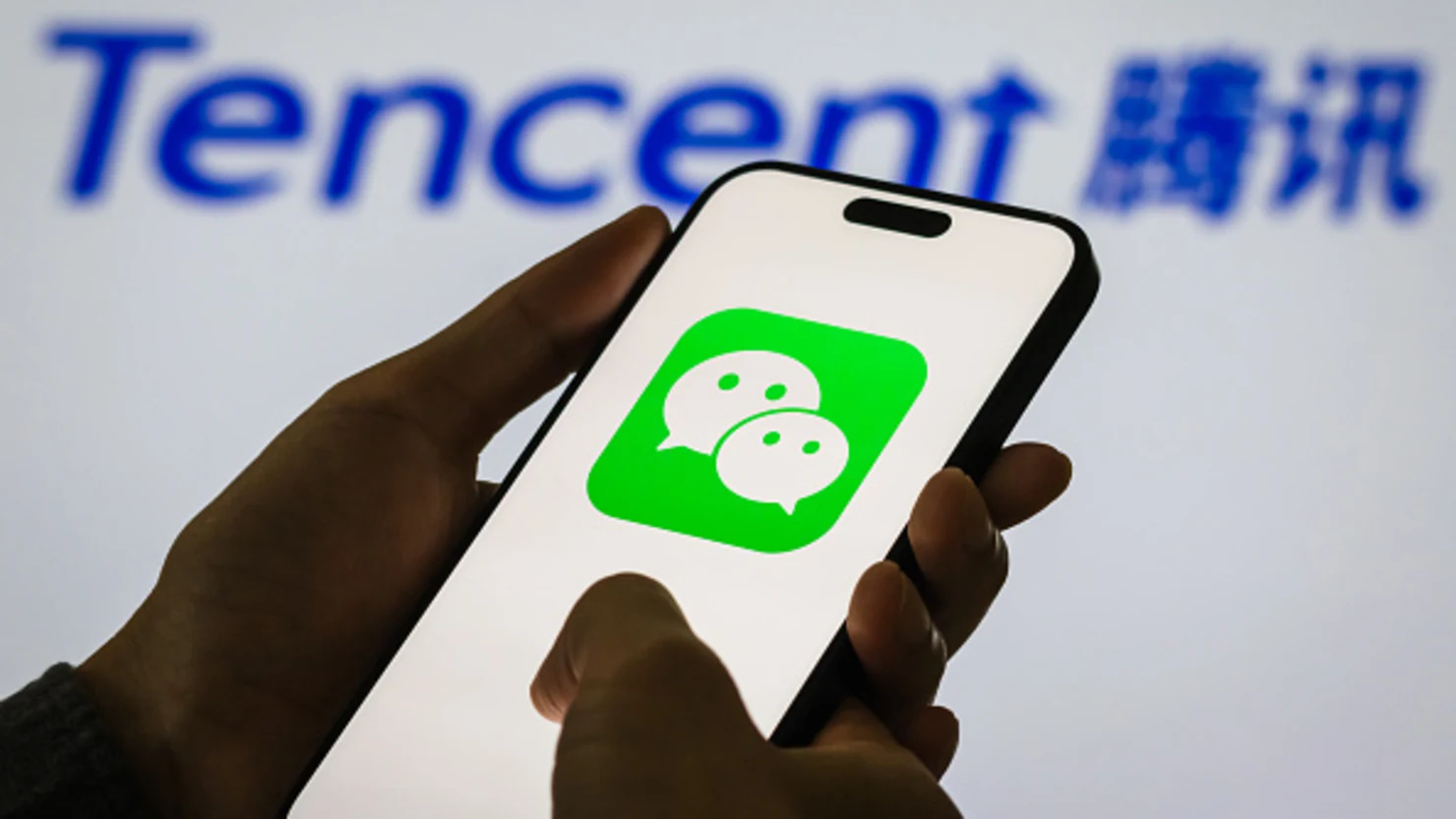

Ringgit Opens Slightly Higher Against US Dollar Ahead of Key Inflation Data
November 13, 2024
2 minutes read
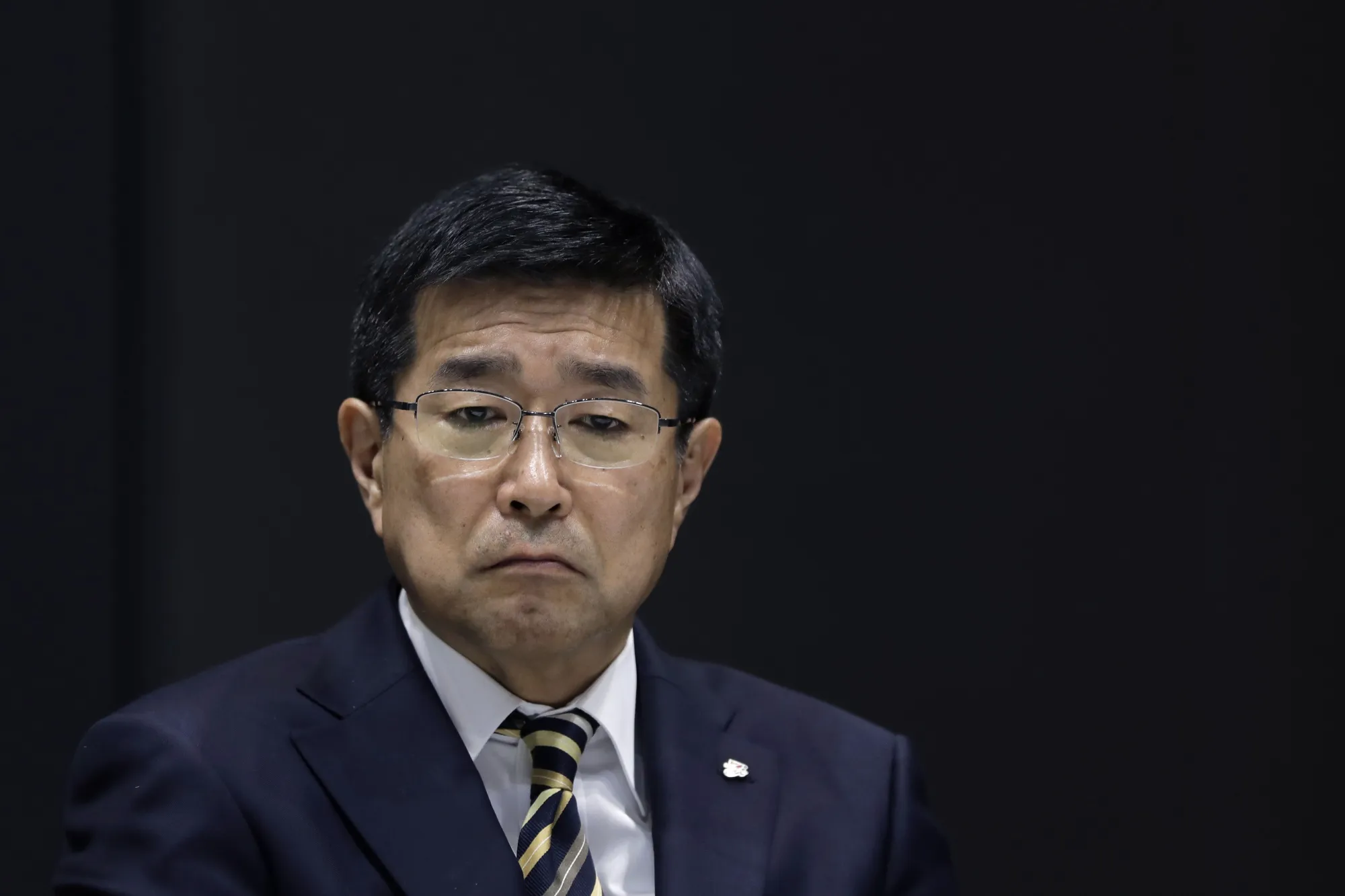
7-Eleven Owner Considers Historic $58 Billion Buyout to Go Private in Japan
November 13, 2024
2 minutes read
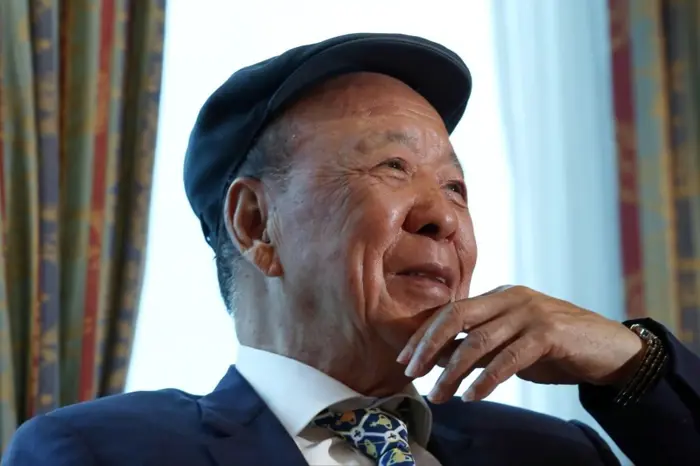

U.S. Regulators Investigate Engine Failures in 1.4 Million Honda Vehicles
November 12, 2024
1 minutes read

Woman Discovers Forgotten Lottery Ticket in Her Purse, Wins $1 Million
November 11, 2024
2 minutes read
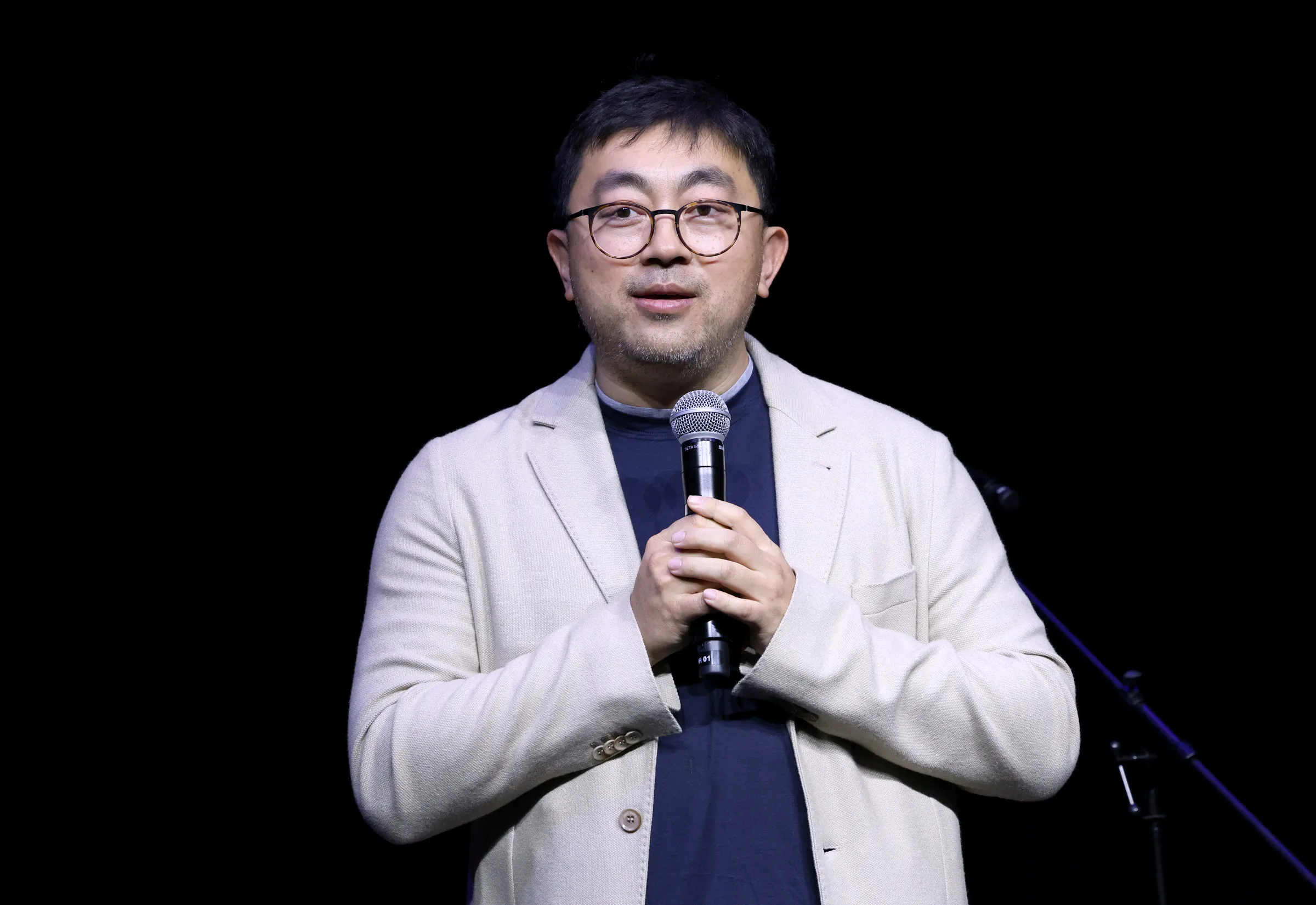
How ReelShort CEO Joey Jia Used a Chinese Trend to Disrupt the U.S. Entertainment Industry
November 11, 2024
8 minutes read